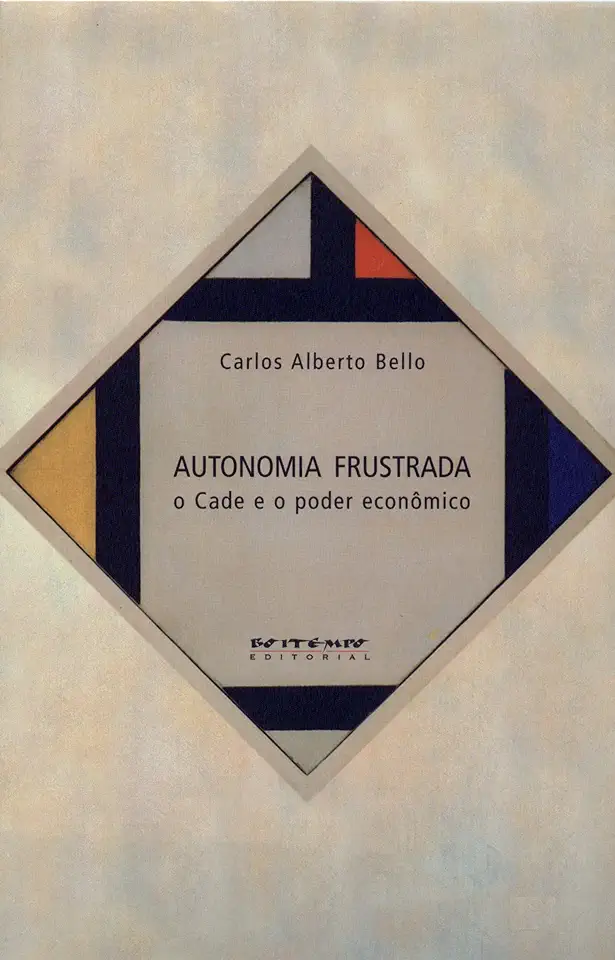
Frustrated Autonomy - Cade and Economic Power - Carlos Alberto Bello
Frustrated Autonomy: Cade and Economic Power
In "Frustrated Autonomy: Cade and Economic Power," Carlos Alberto Bello offers a comprehensive analysis of the challenges faced by the Administrative Council for Economic Defense (CADE), Brazil's antitrust agency, in regulating economic power. Bello argues that CADE's effectiveness is limited by a number of factors, including political interference, a lack of resources, and a legal framework that is outdated and inadequate.
Political Interference
One of the biggest challenges facing CADE is political interference. The agency is often subject to pressure from politicians and business interests, who seek to influence its decisions in their favor. This can make it difficult for CADE to act independently and impartially, and can lead to decisions that are not in the best interests of the Brazilian economy.
Lack of Resources
CADE also suffers from a lack of resources. The agency has a relatively small budget and staff, which makes it difficult to keep up with the growing number of cases it is required to handle. This can lead to delays in investigations and decisions, which can further undermine CADE's effectiveness.
Outdated and Inadequate Legal Framework
The legal framework governing CADE's activities is also outdated and inadequate. The current law was enacted in 1994, and it has not been updated to keep pace with changes in the Brazilian economy. This has made it difficult for CADE to address new and emerging competition issues, such as those posed by digital platforms.
The Consequences of CADE's Weaknesses
The weaknesses of CADE have a number of negative consequences for the Brazilian economy. They can lead to higher prices, reduced innovation, and less competition. This can make it more difficult for Brazilian businesses to compete in the global marketplace, and can ultimately lead to slower economic growth.
Recommendations for Reform
Bello concludes by offering a number of recommendations for reforming CADE. These include increasing the agency's budget and staff, updating the legal framework governing its activities, and strengthening its independence from political interference. By implementing these reforms, CADE can become a more effective regulator of economic power and help to promote competition and economic growth in Brazil.
Why You Should Read This Book
"Frustrated Autonomy: Cade and Economic Power" is a must-read for anyone interested in the Brazilian economy and the role of competition policy in promoting economic growth. Bello's analysis is clear, concise, and well-supported by evidence. He offers a valuable perspective on the challenges facing CADE and provides a number of recommendations for reform that are both practical and achievable.
If you are interested in learning more about the Brazilian economy and the importance of competition policy, I highly recommend reading "Frustrated Autonomy: Cade and Economic Power."
Enjoyed the summary? Discover all the details and take your reading to the next level — [click here to view the book on Amazon!]